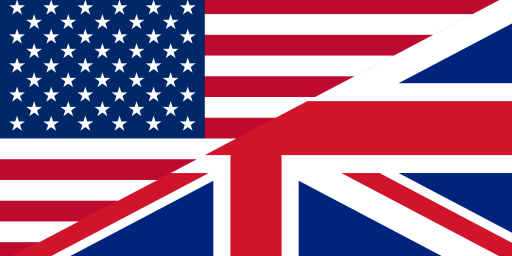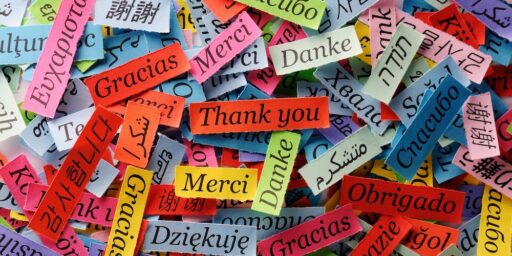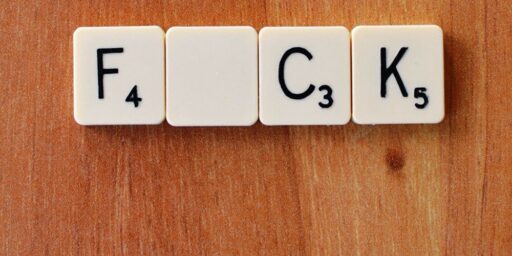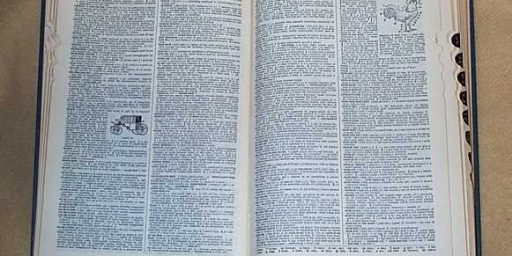OMG! BFF Is In The Oxford English Dictionary? LOL!
Text messaging abbreviations are becoming an accepted part of everyday language:
London (CNN) — OMG! It is no longer a just a teenage expression, but officially a word found in the dictionary.
“FYI” (for your information), “LOL” (laughing out loud) and “OMG” (oh my god) are all now formally recognized by the Oxford English Dictionary, one of the world’s principal English-language dictionaries.
These terms may have resulted from the character limits in texts and tweets, but have since been adopted as commonly used expressions in everyday speech and print.
Graeme Diamond, chief editor of new words for the Oxford dictionary, explained what it takes for a new word to make the grade: “You have to show that the word has been in usage for a decent length of time and, most importantly, that the word is used and understood by a wide audience.”
(…)
The Oxford English Dictionary heralds itself as “the last word on words for over a century” — and, with four updates each year, it certainly keeps up and keeps “hip” (slang), with the English language.
Take the word “heart” for example. A new “sense” was added to it as a verb, recognizing slogans with “I (heart) …”
According to a statement from Oxford, “it it may be the first English usage to develop via the medium of T-shirts and bumper-stickers.
Purists will deride this as the decline of the English language, but it’s really just a sign that languages are constantly evolving entities and that, typically, the changes come not from experts but from changes that evolve during common usage.







But it’s notable that lexicographers have become a lot less prescriptivist than they once were. My parents have a 1950s edition of the OED, and it identifies the word ain’t as “illiterate.”